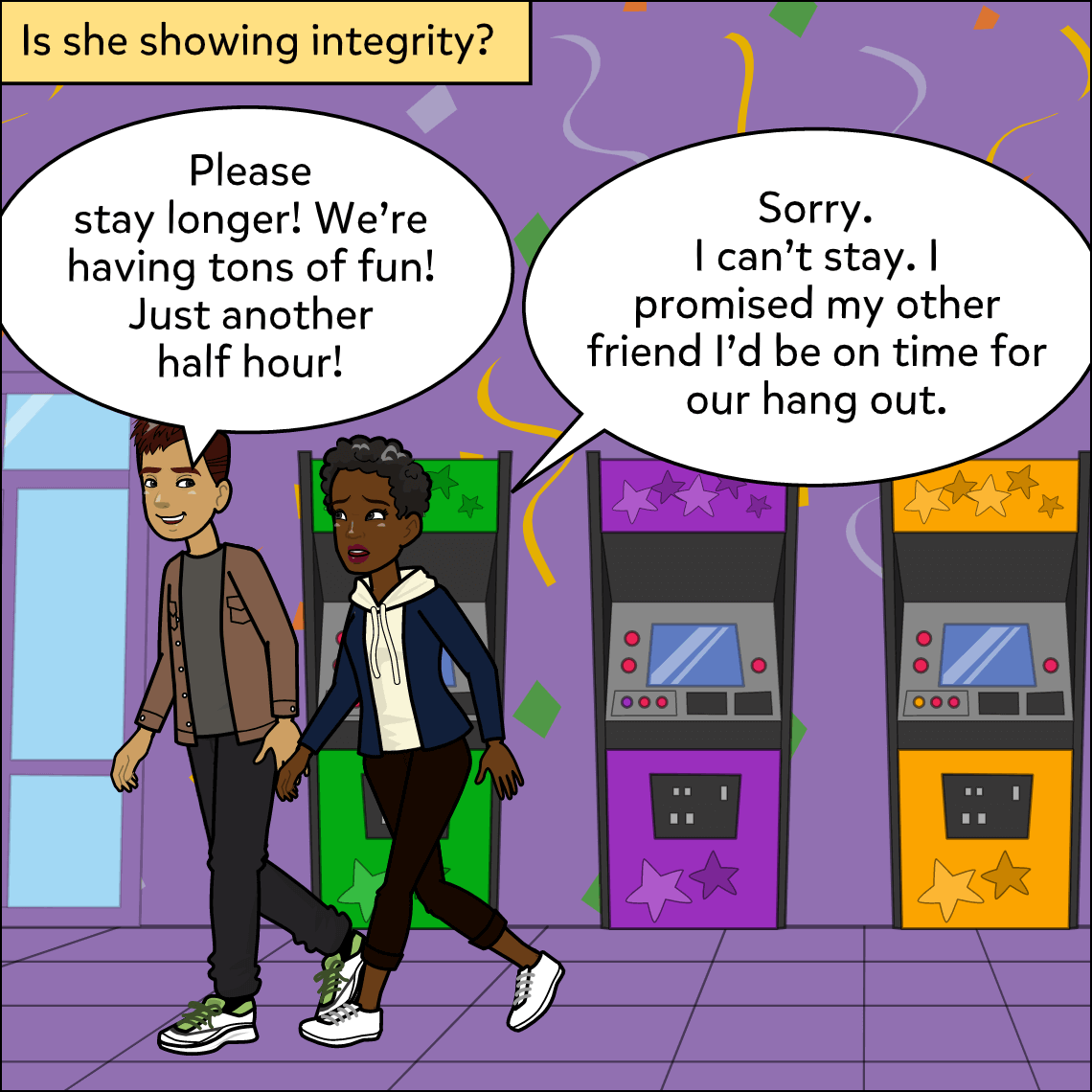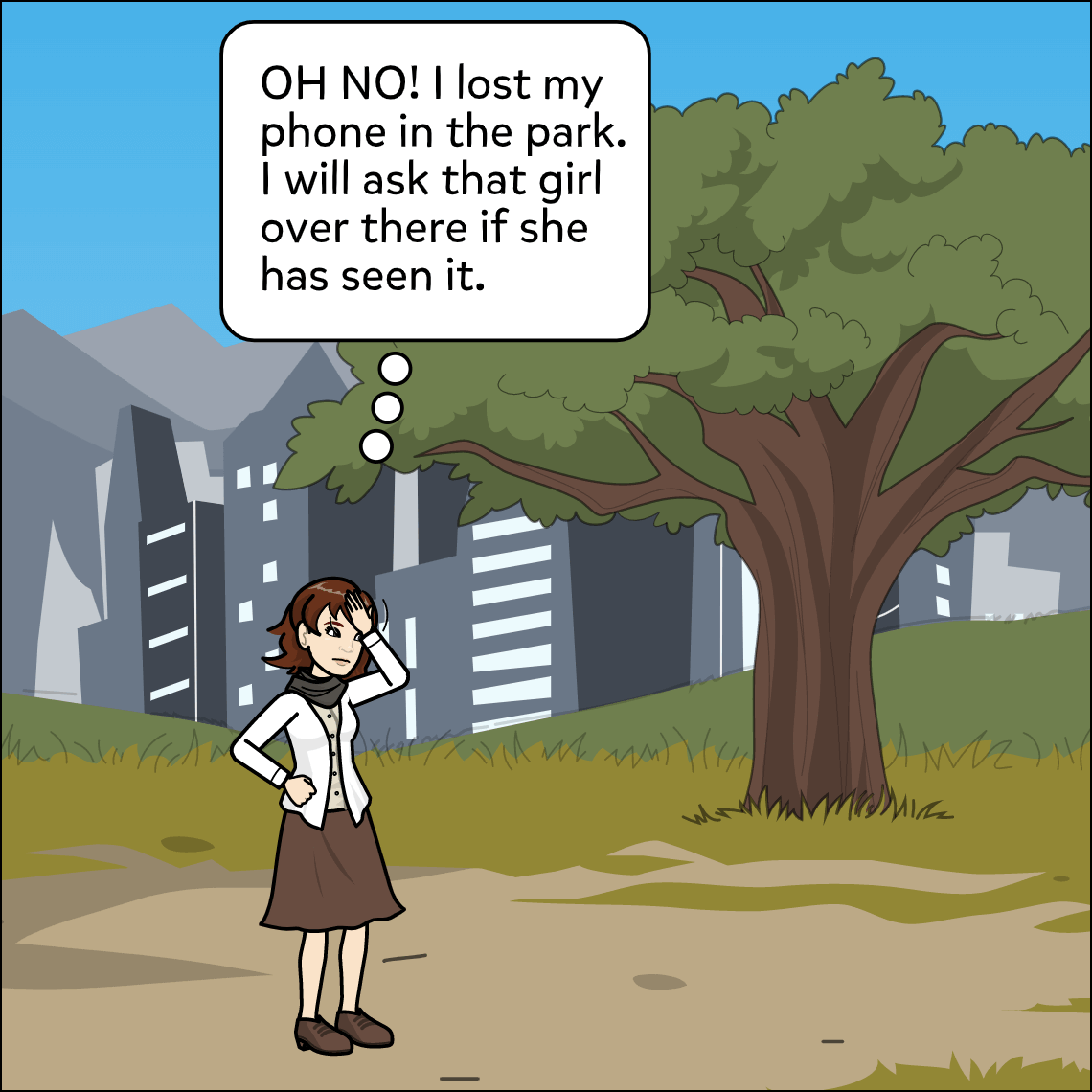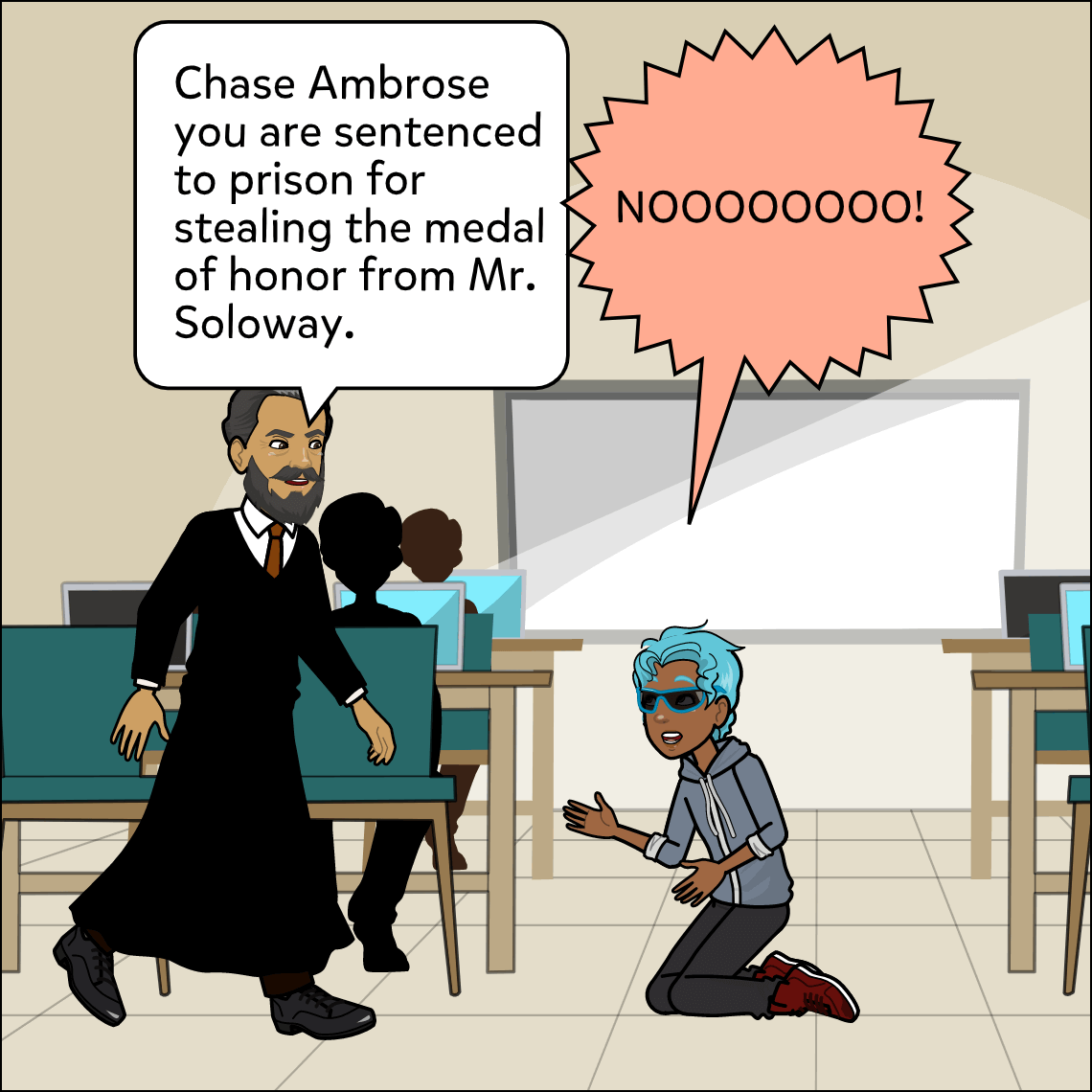Subject: ELA (English Language Arts); Social Studies
Lesson Length: 45 mins - 1 hour
Topic: Credibility and Accuracy of Sources
Grade Level: 6, 7, 8
Standards / Framework:
Brief Description: These days, we are burdened with the task of filtering out this “noise” so that we can get to the heart of matters and not be distracted by loud, preference-driven commentary. Use this lesson to promote critical thinking and introspection among your students.
Know Before You Start: This lesson provides a great way to engage students in discussions about current events. Terms to know: credible, discern, bias, verify.
Hook:
- Read and discuss the sample comic.
- Share a recent fake news story and ask students to share their views on why or why not the story should be trusted.
Activity:
- Have students create a brief comic demonstrating how their own feelings could improperly affect a news story meant to inform.
- Is it difficult or easy to recognize unconscious bias?
- What is the difference between fact and opinion?
- What is the danger of misleading your audience?
Closure:
- Have students share their comics with the whole class or in small groups.
- Have students explain what they will do the next time they see or hear a news story.
Differentiation:
- Provide students with a news story.
- Allow students to use the speech-to-text feature.
- Allow students to use the voiceover feature to read their comics aloud.
Resources:
- Comic to print or display: Comic.
- Article: How to Spot Fake News (and Teach Kids to be Media-Savvy.)
- Video: How to Spot Fake News.
Suggested Content:
 News Station
News Station


